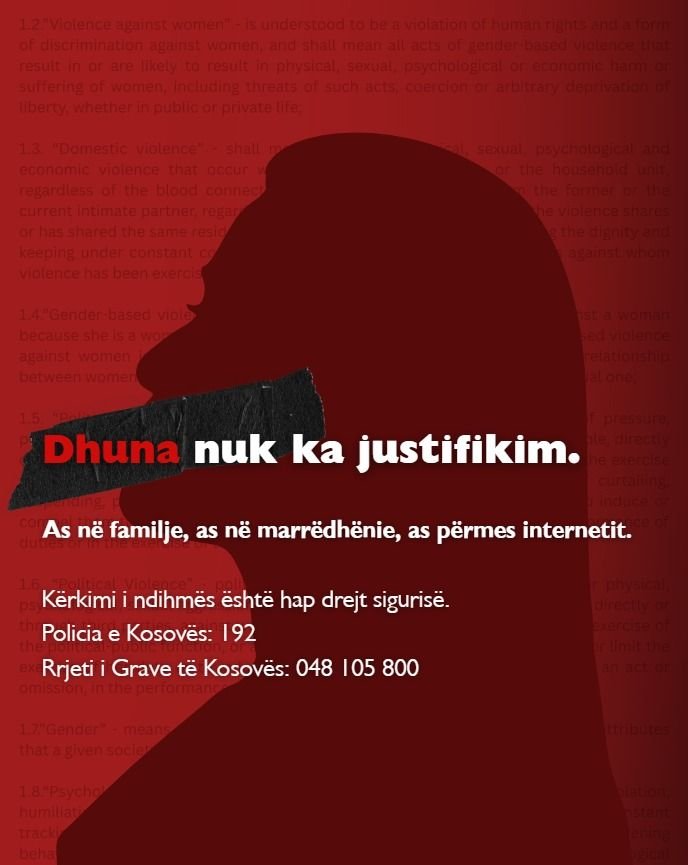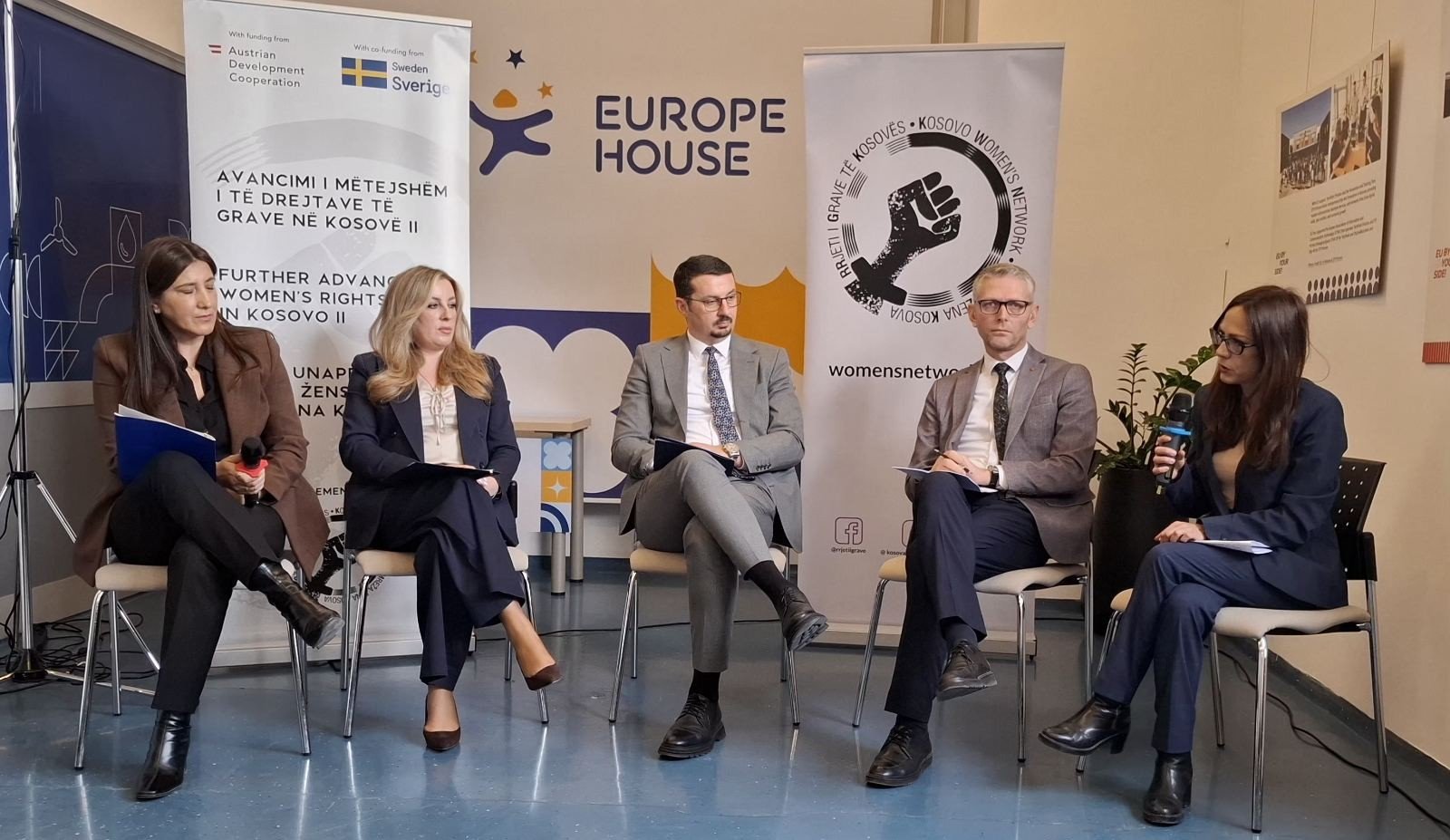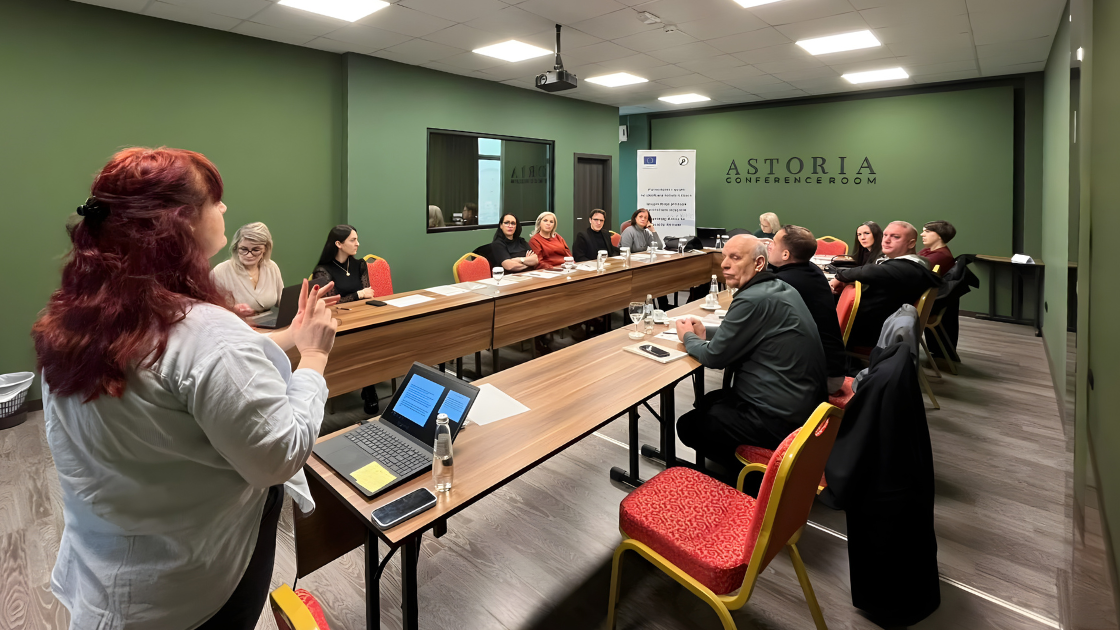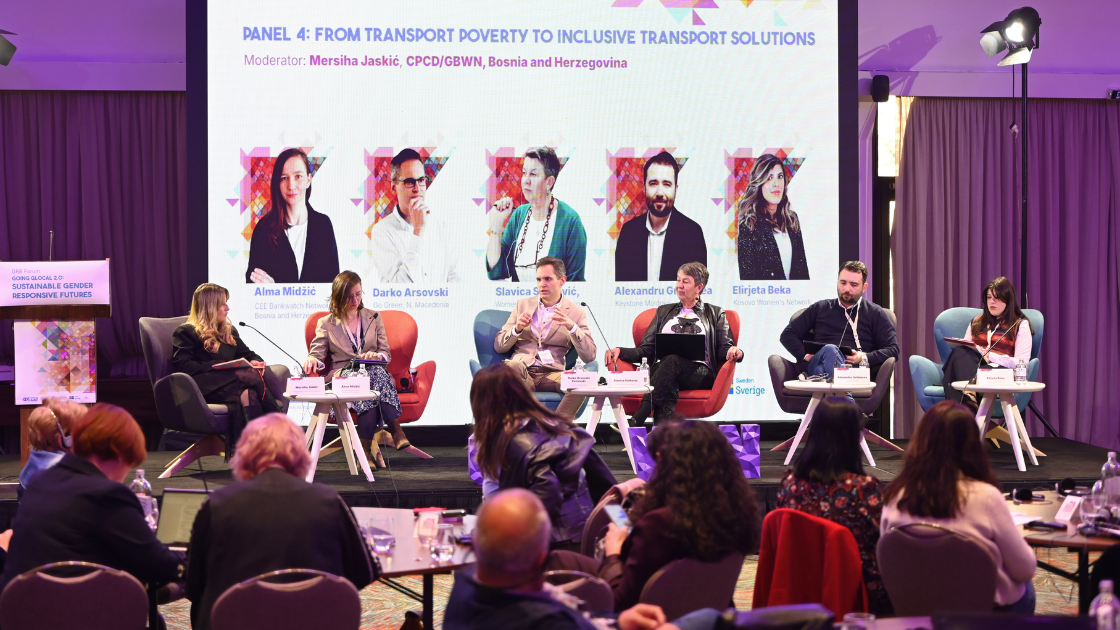In Kosovo’s rural villages, conversations about reproductive health are almost absent. Families rarely discuss it, parents often consider it a “shameful” topic, and schools lack organised, comprehensive sexual and health education. Many girls marry at a young age, some due to family decisions, others because of poverty or social pressure. This leads to unplanned pregnancies and health risks, often without support from local institutions. Young people grow up uninformed, relying instead on social media for information, which is often confusing or misleading.
Amid this silence, the Women’s Center “ATO” in Vushtrri decided to step in. With a clear mission to equip young people with accurate information, they launched an initiative to bring reproductive health knowledge and awareness directly to adolescents.
The initiative began through cooperation with the Municipal Directorate of Education and a series of meetings with school principals in five villages: Smrekonicë, Samadrexh, Lumë i Madh, Oshlan, and Maxhunaj. Between November 2021 and March 2022, ATO organised five interactive sessions reaching 107 students, girls and boys alike. When ATO entered the classrooms, they were stepping into a taboo that had lingered for generations. Their sessions opened space for discussions on issues left unspoken at home, including puberty, menstrual cycles, pregnancy, and even sexual harassment.
ATO’s lecturers created something rare: a safe space where questions could finally be asked. The young students spoke candidly about family silence, the choices they face every day, and practices within their communities that shape their health. Something began to shift. What started as information grew into confidence. Students left not only with facts, but with a new sense of agency, carrying healthier values and conversations back to their homes. Volunteers distributed brochures, ensuring that each student had something tangible to take home, a resource they could revisit privately or share with family.
ATO also produced an animated video explaining menstrual health, hygiene, and how to recognize and respond to harassment. Shared widely on Facebook and Instagram, it reached thousands of young people across the municipality, making clear and accessible information available even beyond the classroom walls.
By the time the initiative ended, its echoes had reached more than 20,000 students, parents, and community members, engaged directly or indirectly through trainings, brochures, and online campaigns. Conversations that were once hushed or avoided altogether began to surface. The message was simple, yet transformative: reproductive health is not a taboo, it is a right.
The story of ATO is a reminder that meaningful change often starts in the quietest place, like a classroom where young girls and boys dare to ask the first questions. By bringing students into conversation and equipping teachers, ATO laid the foundation for transformation.
The Women’s Center ATO’s initiative “Reproductive health education” was carried out with support from the Kosovo Women’s Network’s (KWN) Kosovo Women’s Fund (KWF), financed by the Austrian Development Agency (ADA) and co-financed by the Swedish International Development Cooperation Agency (Sida), in the amount of €4,553, from October 2021 to March 2022. The initiative contributed directly to KWN’s Programme “Gender Transformative Education”.







